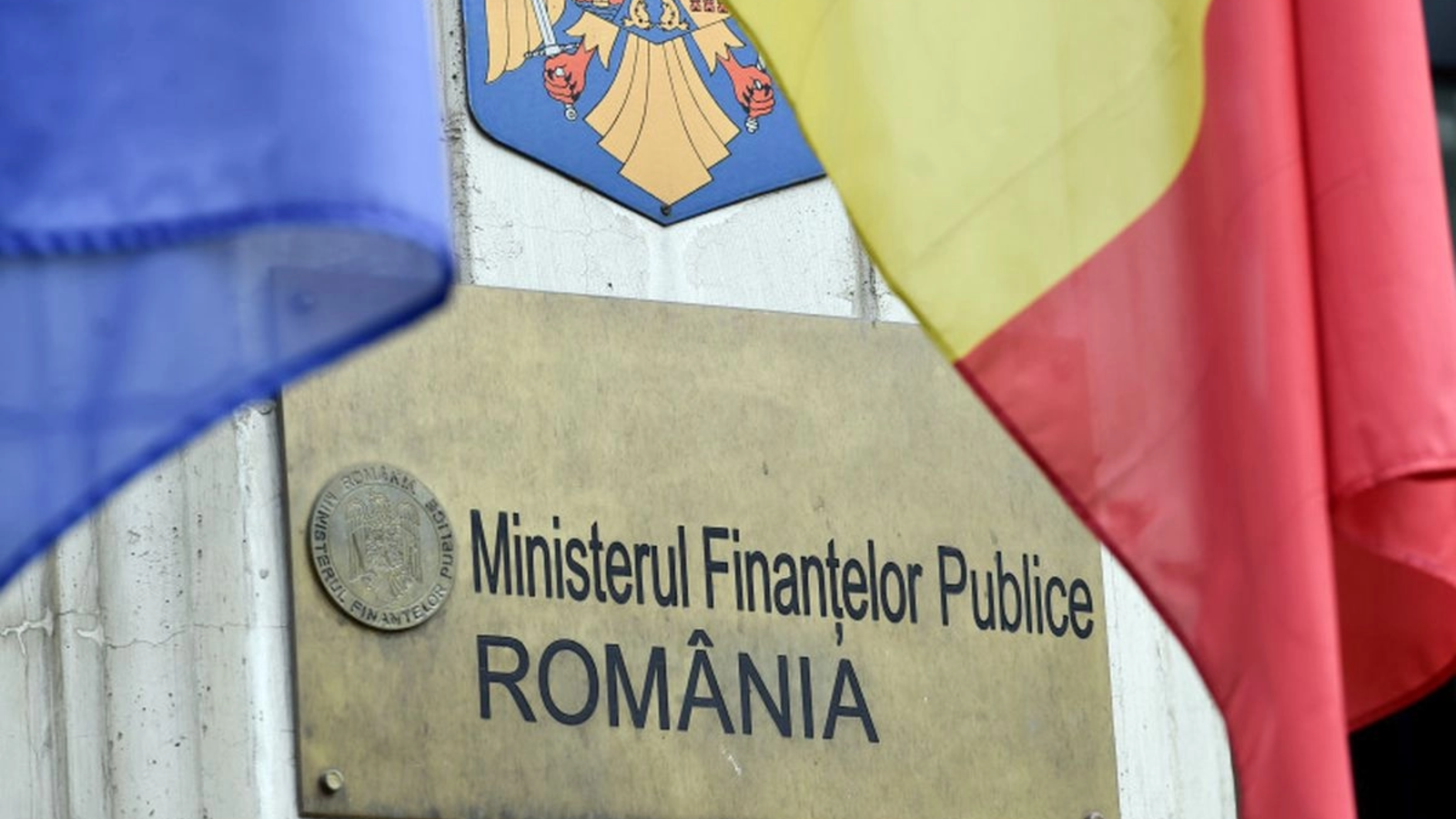The government's long-term borrowing cost in lei has fallen for the first time this year below 7%, marking the lowest financing cost in 2025, the Ministry of Finance announced on Friday.
The institution carried out a successful operation that reduced the refinancing risk of government public debt, according to the source.
'The operation involved the exchange of several short-term government bond series for a new long-term bond issue, thus deferring payment obligations further into the future. Specifically, the Ministry exchanged bonds maturing on 22 April 2026 and 24 June 2026 for a new bond series with a much longer maturity date, 25 April 2035, amounting to 450.65 million lei,' the ministry said in a press release sent to AGERPRES.
Through such operations, carried out every two weeks, the Ministry of Finance aims to reduce refinancing risk, which can influence the state's borrowing costs. This measure aligns with the objectives set out in the Government Public Debt Management Strategy, the institution added.
According to the ministry, the operation attracted strong investor demand, totalling 836.34 million lei.
Following the auction, the Ministry of Finance allocated 450 million lei and managed to secure a maximum accepted yield of 6.93%. 'This yield, which represents the cost the state pays to borrow, although still high, is the lowest achieved this year for a residual maturity of around 10 years,' ministry representatives show.
A similar yield was recorded in a government bond issue on 11 November 2024, while throughout this year yields have generally remained above 7%, the release says.
'This transaction is an important component of our risk management strategy. Achieving a long-term borrowing cost of 6.93% - the lowest level this year, though still elevated - is not a coincidence, but proof that fiscal discipline and the commitments made in our dialogue with the European Commission are validated by the markets. Through pre-financing and extending debt maturities, we ensure that additional pressures on state costs are avoided, transforming investor confidence into tangible and lasting benefits for the public budget,' Finance Minister Alexandru Nazare is quoted as saying.
The Ministry of Finance pointed out that this favourable development results from a prudent approach, including its pre-financing policy (raising funds in advance) to cover current-year requirements.
'The gradual reduction in medium- and long-term financing costs, which have fallen below 7% for the first time this year, is also supported by improved investor perception. This improvement reflects the government's fiscal consolidation and public finance adjustment programme, implemented to realign with the trajectory agreed upon with the European Commission, as well as the confirmation of Romania's investment-grade rating by rating agencies. The effect of all these measures is visible in the downward trend of financing costs. Compared with the first half of September this year, reductions of approximately 50-60 basis points (bps) have been recorded across all maturities. Similar positive trends have also been noticed for eurobonds (government bonds issued in euros and US dollars on external markets), where declines range between 20 and 30 bps,' the ministry mentions.
Finance Ministry officials explained that, given a financing requirement of 259 billion lei, the pre-financing plan has reached a completion rate of 95.3%, ensuring sufficient resources without putting additional pressure on the state's borrowing costs.
































Comentează